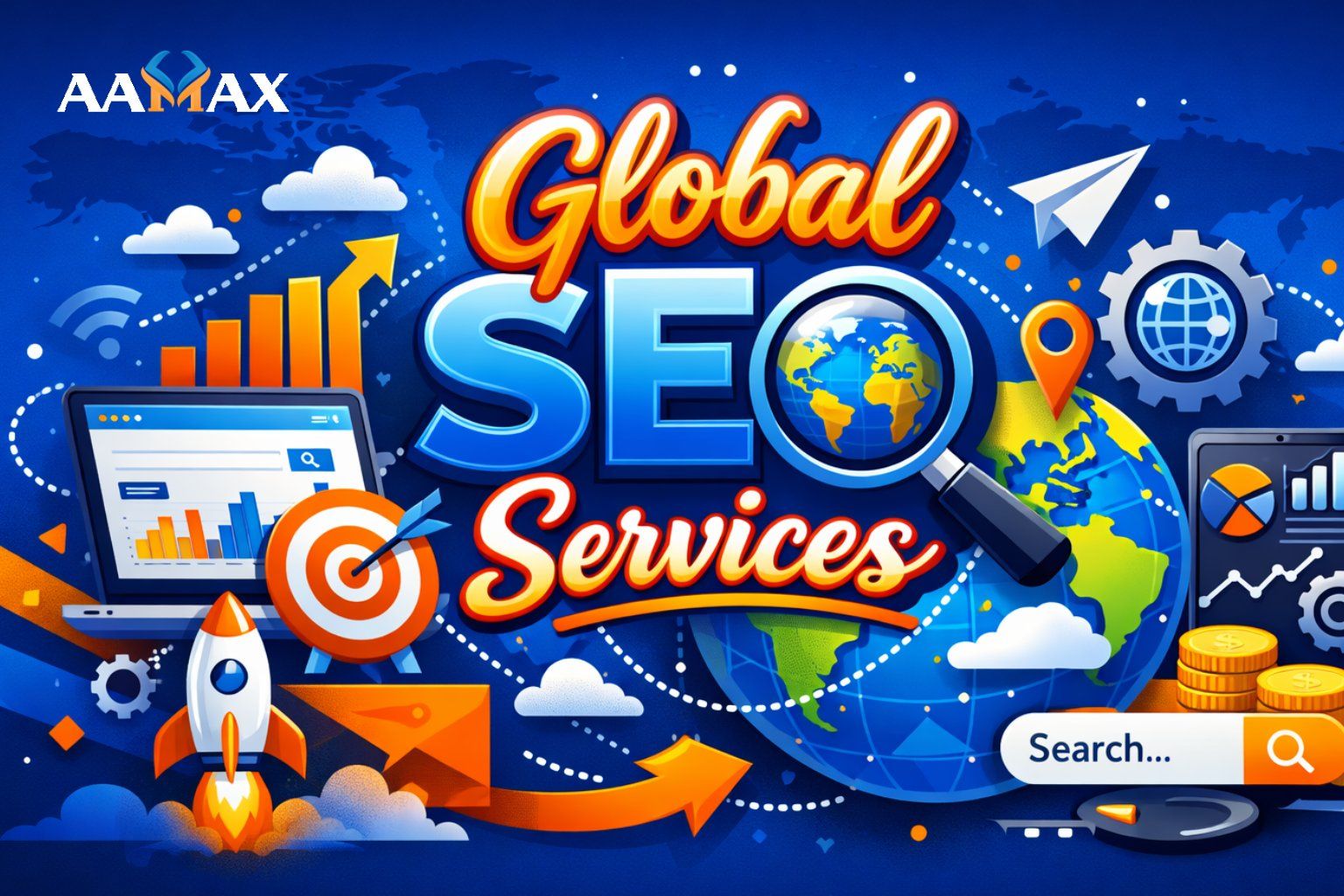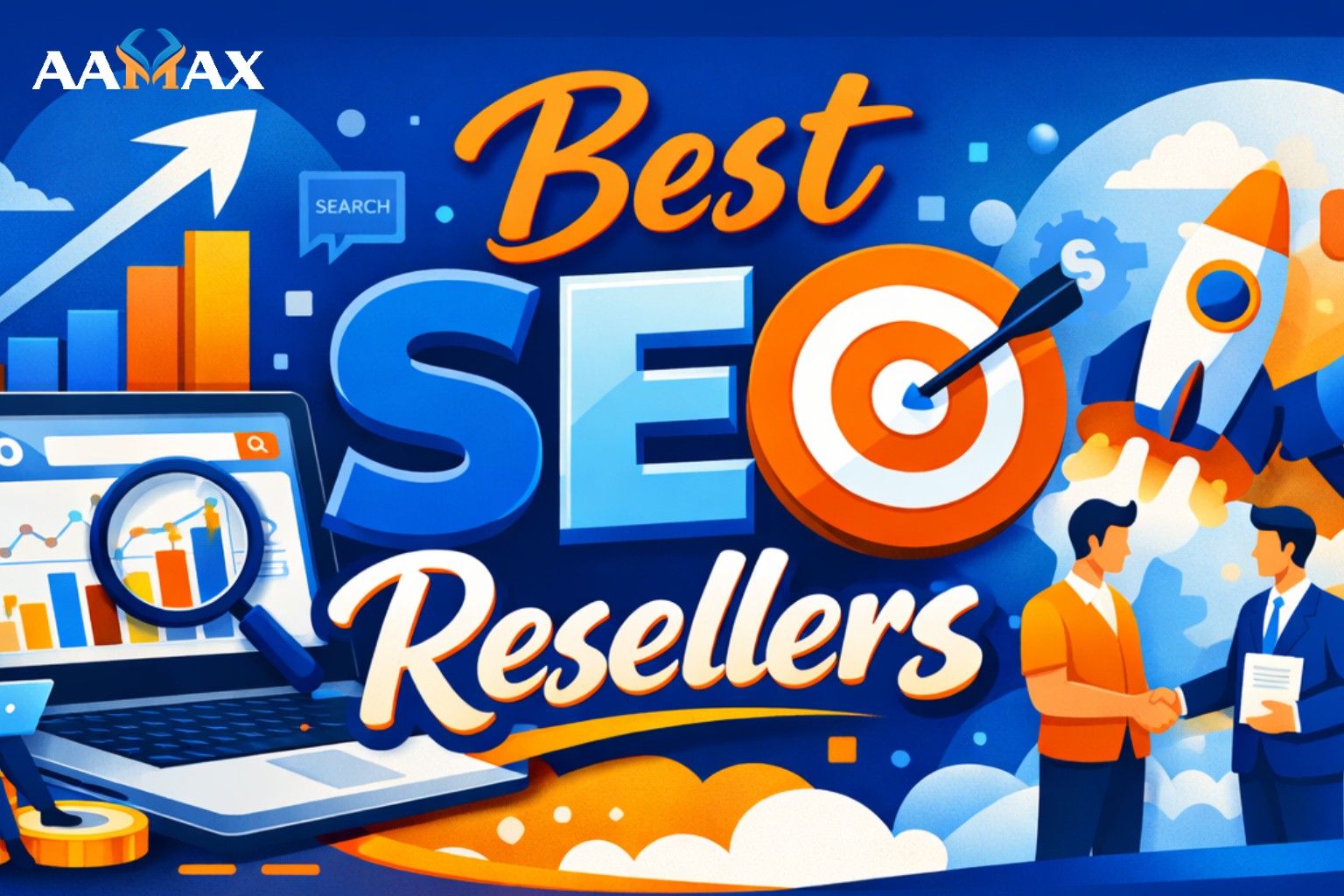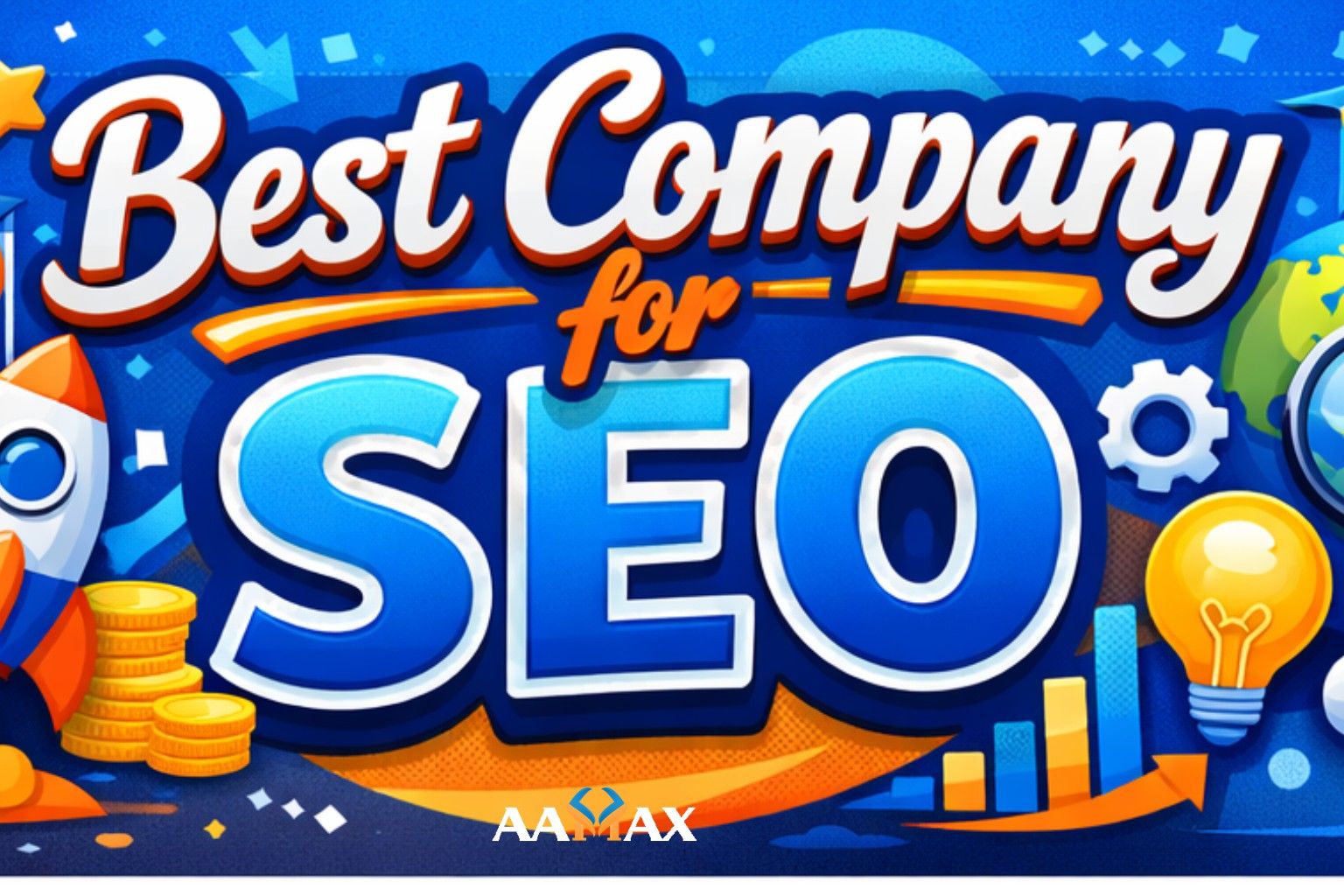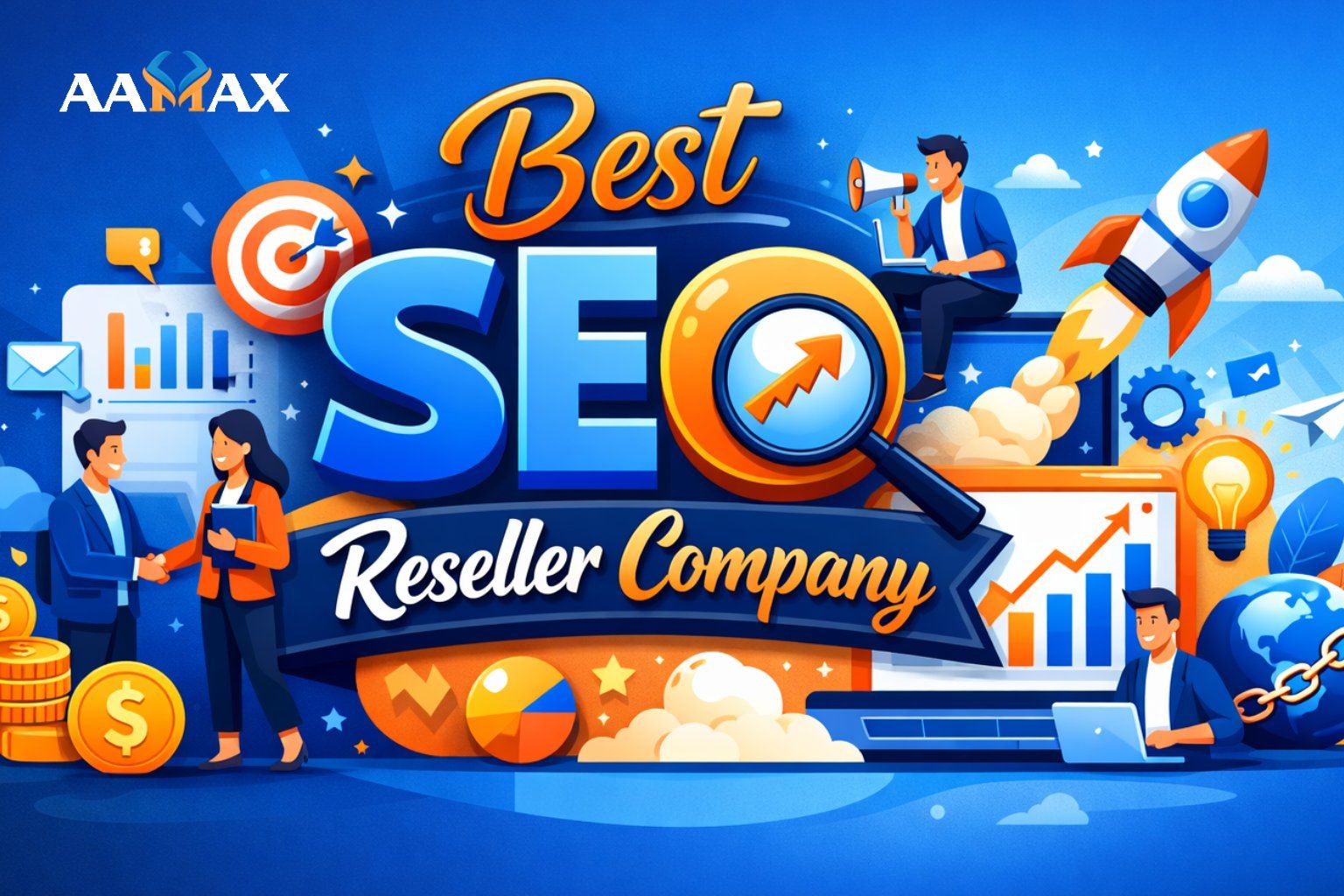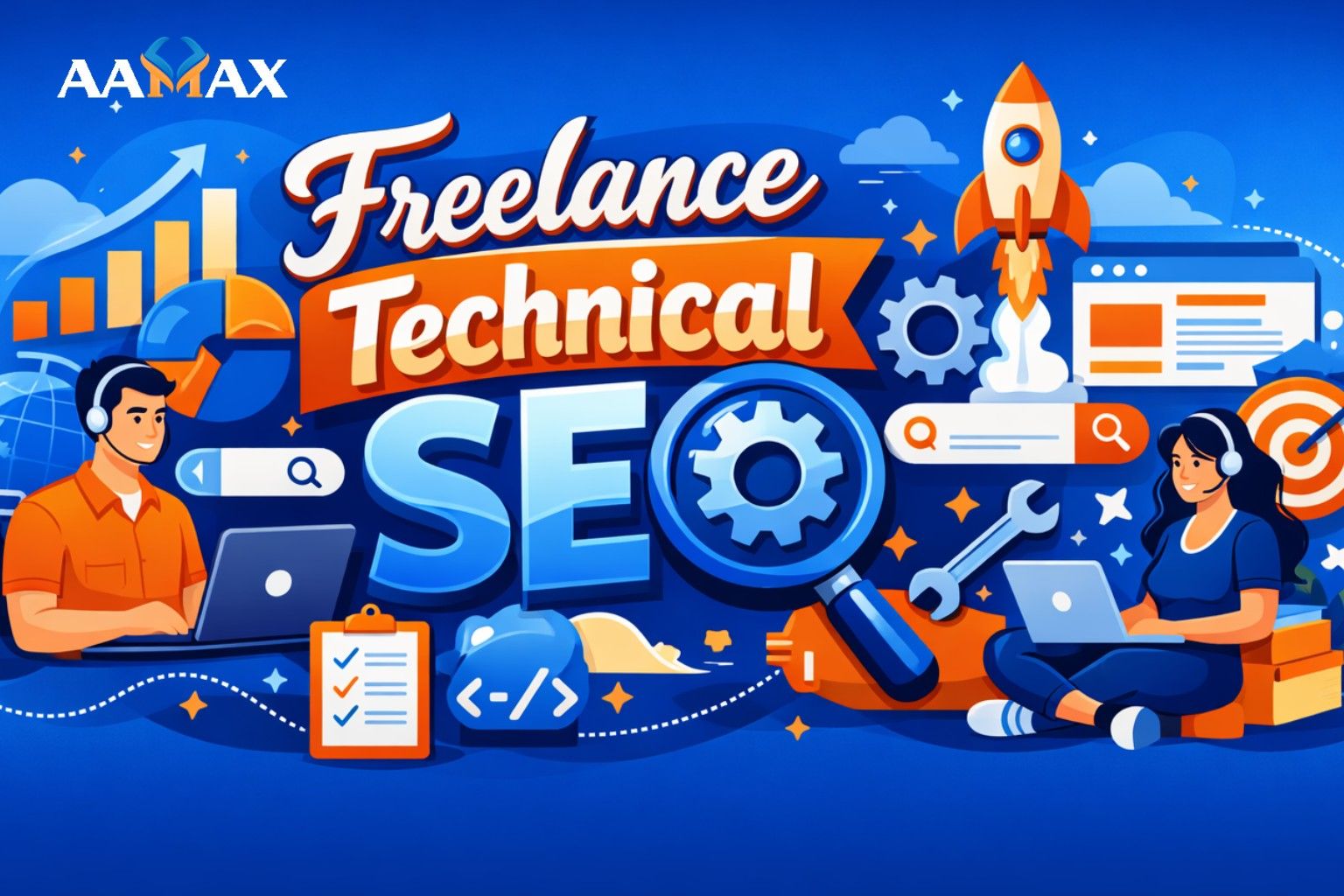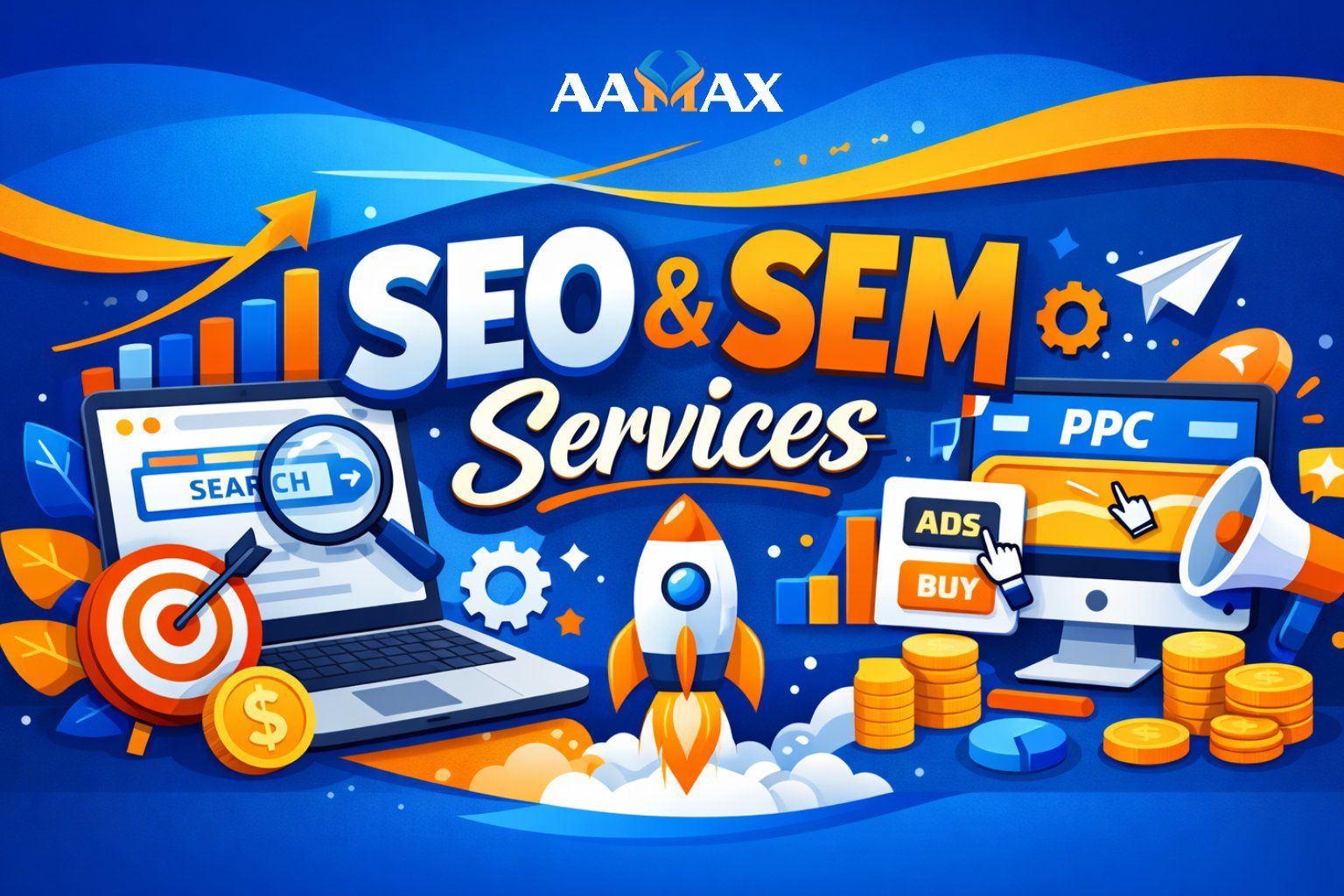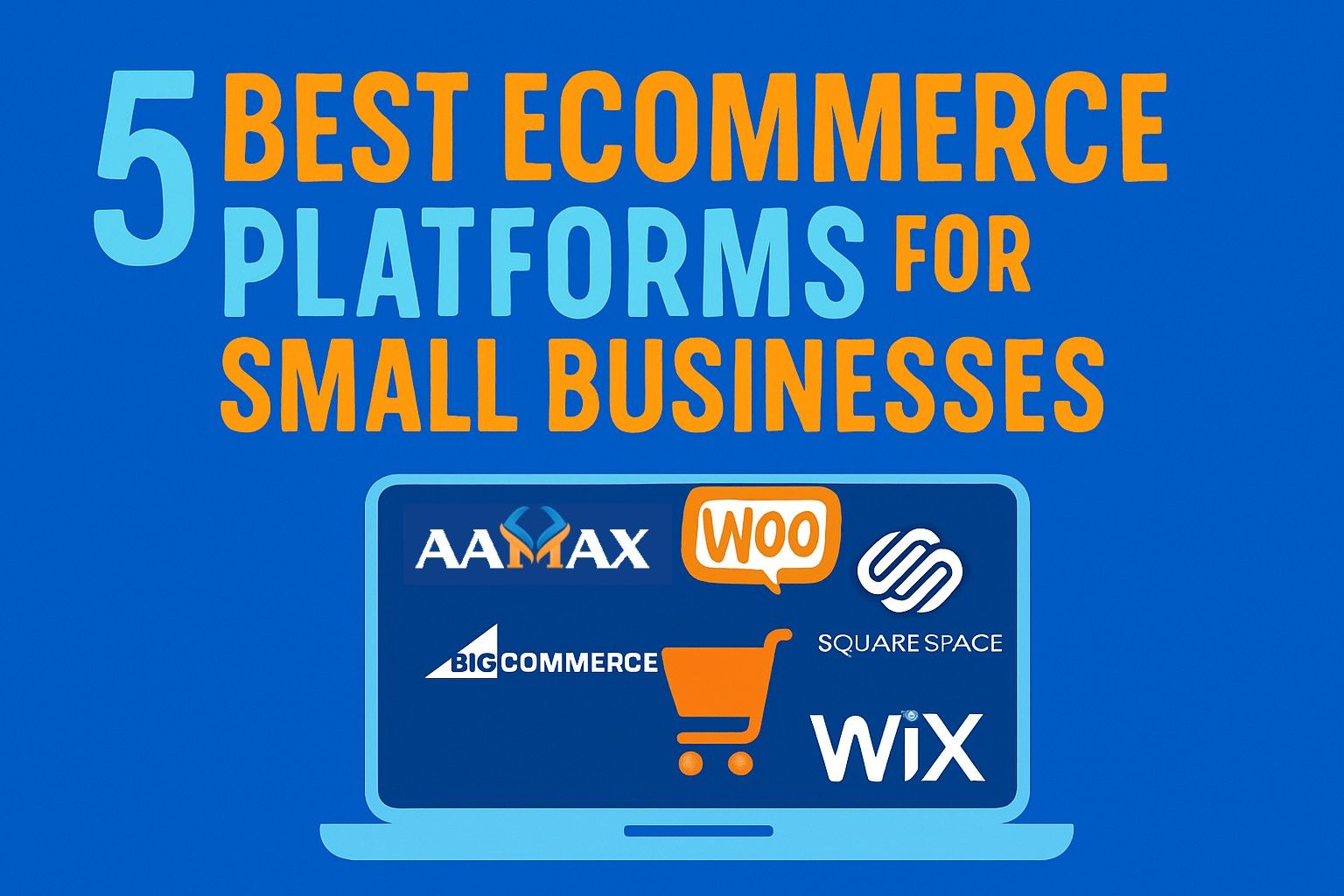
5 Best Ecommerce Platforms for Small Businesses
Ecommerce has revolutionized the way small businesses reach and sell to customers. Whether you’re a boutique shop, a local retailer, or a startup looking to scale, having the right ecommerce platform is crucial for success. The right platform can make selling online easier, boost your sales, and help you manage your business more efficiently. However, with so many options available, choosing the best one can feel overwhelming.
In this article, we’ll explore the five best ecommerce platforms for small businesses, breaking down their features, benefits, and drawbacks so you can make an informed choice.
Why Choosing the Right Ecommerce Platform Matters
The ecommerce platform you choose serves as the backbone of your online business. It impacts how your store looks, how fast it runs, and how easy it is to manage. A poorly chosen platform may cause issues with payment processing, inventory management, or customer experience. On the other hand, the right solution can streamline operations, enhance customer satisfaction, and allow your business to grow.
Key factors small businesses should consider include:
- Ease of use: Is it beginner-friendly?
- Affordability: Does it fit your budget?
- Customization: Can you design a store that matches your brand?
- Scalability: Will it grow with your business?
- Support: Does it provide reliable customer service?
1. Shopify
Overview
Shopify is one of the most popular ecommerce platforms globally and is especially popular among small businesses. Known for its ease of use and scalability, Shopify offers everything you need to run an online store.
Key Features
- Drag-and-drop store builder.
- Wide range of themes and templates.
- Built-in payment gateway (Shopify Payments).
- App marketplace for additional functionality.
- SEO-friendly features.
Pros
- Beginner-friendly with minimal technical skills required.
- Mobile-optimized themes.
- Excellent customer support.
- Supports multi-channel selling (Amazon, Instagram, Facebook).
Cons
- Transaction fees if you don’t use Shopify Payments.
- Can get expensive as you add apps and features.
Best For
Small businesses looking for an all-in-one solution that’s easy to set up and scale.
2. WooCommerce
Overview
WooCommerce is a free WordPress plugin that turns your website into a fully functioning ecommerce store. It’s one of the most customizable platforms available, making it ideal for businesses that want complete control.
Key Features
- Full integration with WordPress.
- Extensive range of plugins and themes.
- Supports multiple payment gateways.
- Open-source and highly customizable.
Pros
- Free to install (though hosting and add-ons cost extra).
- Full control over your store design and functionality.
- Large community of developers and resources.
Cons
- Requires more technical knowledge compared to Shopify.
- Maintenance and updates are your responsibility.
- Can become complex as you add more plugins.
Best For
Businesses already using WordPress or those wanting complete customization and control over their ecommerce site.
3. BigCommerce
Overview
BigCommerce is a robust ecommerce platform designed for growth. It offers a balance of ease of use and advanced features, making it suitable for small businesses with plans to scale.
Key Features
- Drag-and-drop website builder.
- No transaction fees.
- Multi-channel selling (Amazon, eBay, Facebook, Instagram).
- Advanced SEO tools.
- Strong inventory management system.
Pros
- Scalable with advanced built-in features.
- Supports large product catalogs.
- No additional transaction fees.
- Integrates seamlessly with popular apps and services.
Cons
- Learning curve for beginners.
- Pricing plans may be higher than other platforms.
Best For
Small businesses looking for a platform that supports growth and scalability without relying too heavily on third-party apps.
4. Wix Ecommerce
Overview
Wix started as a website builder but has evolved into a solid ecommerce platform. Its drag-and-drop functionality makes it easy for beginners to create visually appealing stores.
Key Features
- Drag-and-drop editor with customizable templates.
- Affordable pricing plans.
- Supports multiple payment gateways.
- Built-in marketing and SEO company.
Pros
- Extremely user-friendly with no technical skills required.
- Attractive, modern templates.
- Affordable for startups and small businesses.
Cons
- Limited scalability compared to Shopify or BigCommerce.
- Fewer advanced ecommerce features.
Best For
Small businesses and startups looking for an affordable, beginner-friendly platform to quickly launch an online store.
5. Squarespace
Overview
Squarespace is known for its stunning design templates and ease of use. While not as feature-rich as Shopify or BigCommerce, it’s perfect for small businesses that value aesthetics.
Key Features
- Award-winning design templates.
- Built-in blogging tools.
- Supports digital and physical products.
- Integrated marketing tools (email campaigns, SEO).
Pros
- Beautiful, modern designs ideal for creative businesses.
- Affordable pricing options.
- Easy to use with minimal learning curve.
Cons
- Limited third-party integrations compared to Shopify or WooCommerce.
- Not ideal for large-scale ecommerce operations.
Best For
Creative entrepreneurs, artists, and small businesses focused on design and aesthetics.
How to Choose the Best Ecommerce Platform for Your Business
While all five platforms are excellent choices, the best one for your business depends on your unique needs:
- Shopify: Best for all-in-one simplicity and scalability.
- WooCommerce: Best for WordPress users and those seeking customization.
- BigCommerce: Best for growing businesses with large product catalogs.
- Wix: Best for beginners who want affordability and ease of use.
- Squarespace: Best for creatives who prioritize design.
When making your decision, consider your budget, technical expertise, business size, and long-term goals.
Common Mistakes to Avoid When Choosing an Ecommerce Platform
- Ignoring scalability: Choose a platform that grows with you.
- Overlooking support: Reliable customer service is crucial when issues arise.
- Focusing only on price: The cheapest option isn’t always the best long-term choice.
- Neglecting SEO and marketing tools: These are essential for attracting customers.
Final Thoughts
The right ecommerce platform can transform your small business, making it easier to sell online and reach more customers. Whether you value ease of use, customization, scalability, or design, there’s a platform on this list that fits your needs.
If you want professional help with web development, digital marketing, and SEO services, you can always hire AAMAX. AAMAX is a full-service digital marketing company that helps businesses build user-friendly websites, optimize ecommerce stores, and grow online sales.

